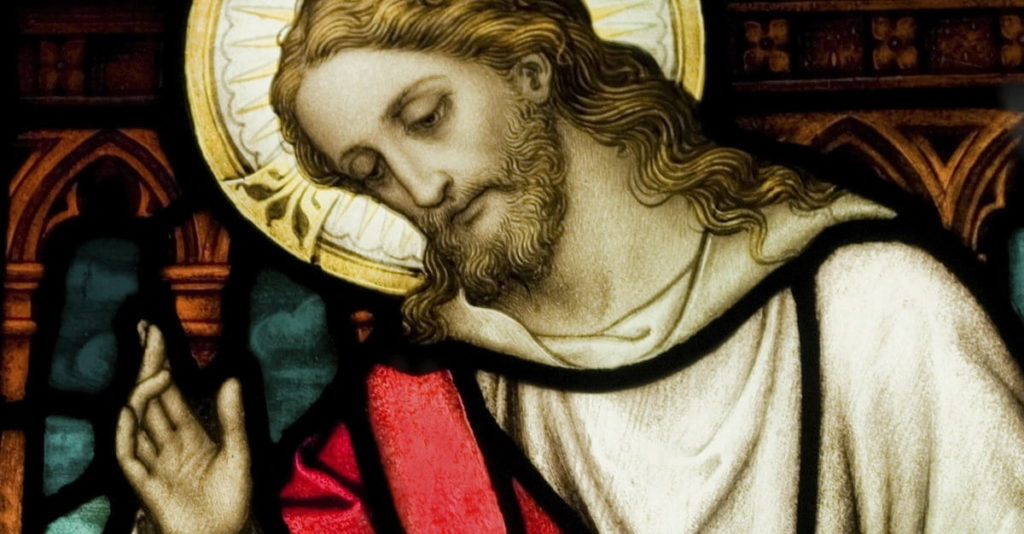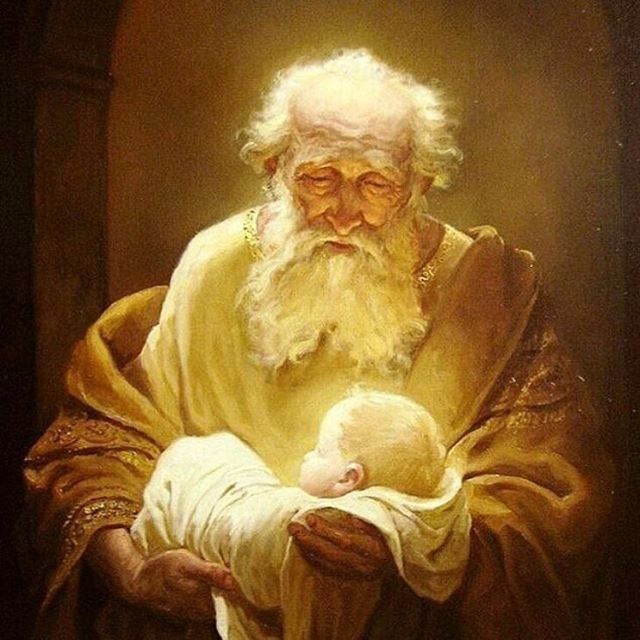
the Last Sunday after Epiphany
February 23rd, 2020
Today’s readings are:
Exodus 24:12-18
Psalm 99
2 Peter 1:16-21
Matthew 17:1-9
Click here to access these readings.
So you’ve only got a week left, right? I mean, you’ve got until Tuesday night and maybe a little into Ash Wednesday, but, really, you’ve only got until next Sunday to figure out what you’re going to give up for Lent. You’ve only got another week before I start pestering you with, “So, what did you give up for Lent?” and “How’s it going? With the Lent thing?” and “Do you need me to pray for you?” A friend of mine, in seminary, told me that his sending priest once gave up Lent for Lent. “You can’t do that!” my friend said, and the priest only shrugged his shoulders. But there’s no shrugging shoulders for me: I’m gonna ask!
Jokes aside, Lent is beginning soon, and it is traditional (and spiritually healthy) to either give up something or to take on a new practice. And that’s because we’re preparing: we’re preparing for Easter, the time when we celebrate the world’s new birth, the 8th day of the week, when Jesus Christ rose from the death and destroyed death forever. That’s something you prepare for.
Preparations are important, right? Think of it: let’s say you’re getting ready to cook dinner. Instead of just turning on the stove and going at it, you should prepare a little, right? You should figure out what you’re going to make, maybe open up the cookbook. You should get out everything you need and, really, probably check the fridge to make sure you actually have everything you need. Otherwise you’ll be running around the kitchen, or running out to the store, right in the middle of cooking, and that might mess up what you’re trying to make.
Or, if you’re going on a trip to, say, Portland, you don’t just hop in the car and go. Otherwise, when you hit Roseburg you’ll realize you forgot your toothbrush; and when you hit Eugene you realize you forgot your wallet; and when you’re in Wilsonville you’ll be like, “Hey, where’s my wife?” You prepare for these things so that, when the thing comes, you’re not hung out to dry.
Now, a person might say: wait a second. Father Tim, you talk about God’s love every week. And I do. If you notice, I make sure that, in each and every one of my sermons, I say something about God’s love, how powerful it is, how healing it is, how it transforms us and guides us and holds us. God’s love is unconditional. We don’t need to do anything to earn it. It’s just right there, open and free, like birdsong in the springtime.
And so, if that’s true – which it is – that God loves us unconditionally, then what do we really have to prepare for? Why go through Lent if God’s love for us is right there before us with open arms, ready and willing to heal us, to give us hope, and to show us a light that we have longed for all our lives? Why prepare? I mean, if my children came in from the rain, cold and wet and dirty, and they were sad and alone for all that, I wouldn’t say, “Go take a bath first, then I’ll love you.” No, I’d scoop them up, get myself all dirty and wet, but who cares when someone is in need of and longing desperately for love? My love isn’t conditional; it’s love in the wet and the rain as well as in the warm sunshine. God’s love is the same, but only more so. So what are we preparing for?
This is an important question, and it’s why Lent isn’t a requirement. There are some people who won’t practice Lent, not because they don’t need it, but because their lives are filled with enough struggle and darkness as it is. Now, I think Lent, where we take stock of who we are and examine the health of our relationship with God, can do a lot for those of us who struggle with depression. It can show us how God heals and how God shines a light into darkness that we thought buried deep within our hearts. Some of my own sorrow has been healed through living a holy Lent, but that’s not the case for everyone. We don’t need to do anything to experience that healing – it is God that heals us, not our practices or our techniques.
But for most of us, we need this time. Our lives are busy, and we’re not always sitting down and thinking about how our relationship with God is doing. Often we take it for granted, and we only start thinking about it when tragedy strikes. But think about your other relationships in your life. Think about the relationship with your spouse, or your children, or your good, good friends. These relationships need care. Your spouse may love you unconditionally, and your children may be loving, and your friends may be devoted, but if you take them for granted, you hurt those relationships. That’s why we celebrate anniversaries and birthdays, why we give gifts, and why we call someone up out of the blue. And it’s why we spend time with the people we love in our lives: to deepen those relationships, to further them, to grow together. I didn’t think I could love Helene more than I did when I married her, but after ten years, I’ve learned that I do. I didn’t think I could learn more about my best friend, but after knowing him for thirteen years and giving love and attention to that relationship, I’ve found that there is so much to learn and know and experience and love about him. These relationships, and my life as these relationships, are better because of the care and attention that I’ve given them, and the care and attention my friends and family have given me as well. And because of this care, I think we have all become better people.
How is your relationship with God? Do you take the time to call God up out of the blue? Do you spend time with God only when you have to, here on Sunday mornings, or do you sit with God in your grief, in your joy, in your wonder, and in your fear? How is your relationship with God?
Lent is the time to ask that question. It’s the time to ask God, “God, how are we doing?” and then to listen. It can be a scary thing at times, to listen. Not because God’s going to give you more to do or tell you that you’re not up to snuff or anything. No, because when we turn to God and really listen, when we open our hearts to the presence and the life and the fullness of God, God’s going to come inside. And he’s going to say something, something right in the heart of your deepest grief and your deepest fear. God’s going to go right inside of your darkness that is dark as pitch, and God’s going to say, “I love you.” And that can be scary.
But that’s not all. After saying those beautiful words, those words that reach down to depths that we didn’t even know we had, he’ll start mopping up inside of us, and he’s going to throw open the windows and let the daylight in, and he’s going to invite other people in so they can help, too. And that can be hard. But it is also good, so deeply Good that one day, perhaps not far off, we’ll sit with God in that inner room of our heart laughing. And that laughter will be so loud and so raucous and so joyful that it will shake the walls of the world and echo out into eternity.




